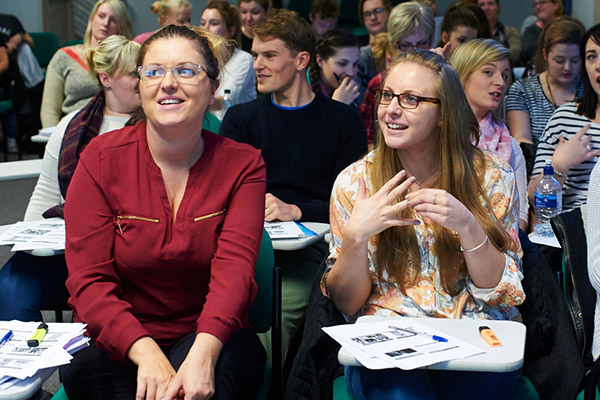Congratulations on getting an offer to study with us! We hope we'll get to meet you soon. In the meantime, we wanted to give you a chance to learn more about one of our lecturers, Rachel Vipond.
Meet your tutors
I've always had an interest in crime and criminal justice
When I was young, I spent time volunteering with vulnerable children. I wanted to understand why those children were more at risk of going into the criminal justice system than I was. When I realised I could do an academic degree in that subject, it felt like exactly the right kind of thing for me.
I did my PhD looking at the youth justice system, and while I was doing that, I contributed to a national research project. It involved going into prisons that hold children, which really opened my eyes to the custodial system for children.
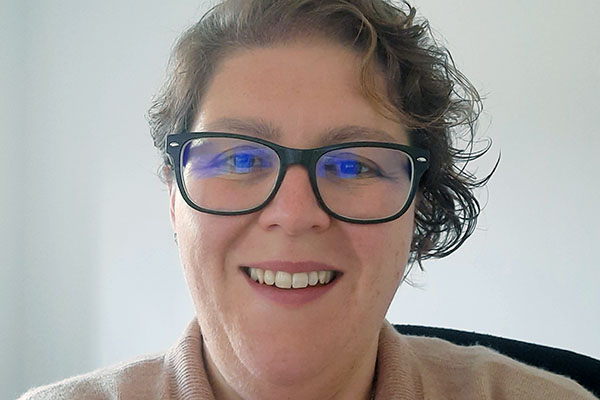
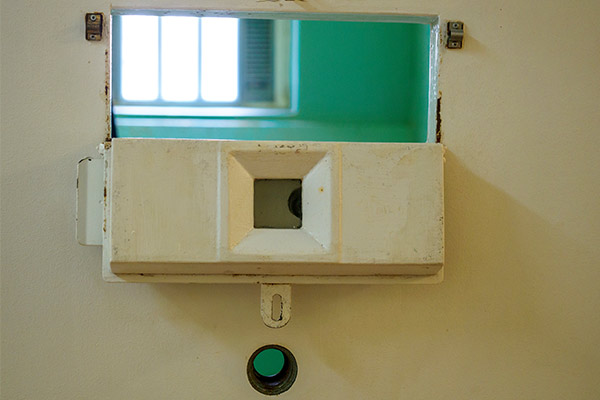
People usually commit crimes out of necessity
As a criminologist, I spend most of my time looking at crime and criminology, with a special focus on prisons. People get into my world when aspects of social policy have failed for them, or they have fallen out of touch with society.
We talk about the five pillars of welfare: education, employment, housing, health and social security. Most people in the criminal justice system have fallen out of school, are long-term unemployed, can't get on the housing ladder, have claimed benefits at some point, or tend to suffer from poor health.
Prisons as institutions of criminal justice
When I started my role at York, I realised that we didn't have modules looking specifically at prisons. I was given the opportunity to develop my own module, and do some research in prisons. It's all come together quite nicely! Now, I lead a module which involves students being taught alongside prisoners.
It took two years to develop. The idea of taking students from the University obviously raises a lot of questions. It was tricky for my colleagues in the prison too. A lot of people who work in prisons want to change things for the better, but they're hampered by security and protocol.
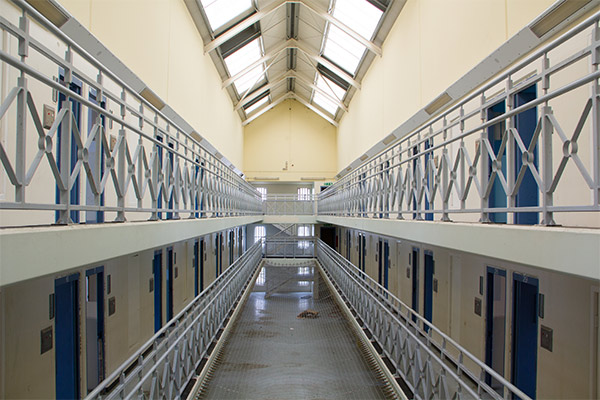
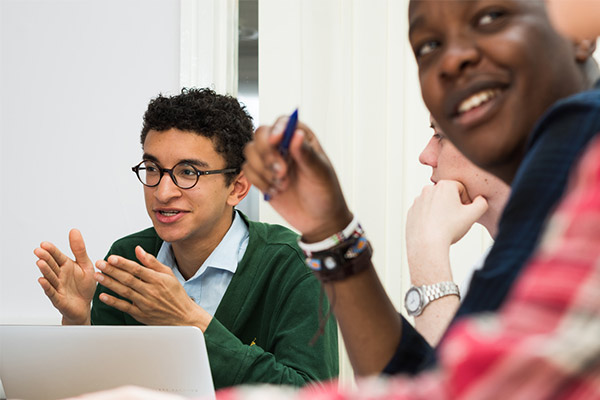
It's a chance for people with different experiences to come together
The lads from the prison are usually older than our students. Many of them lived through the Thatcher era, and the first economic recession. They've got families and children; some of them have owned property before. Simply because of their age, most of our students haven't been through any of that.
We bring them all together to debate the same issues around key aspects of social policy. Everything is the same for both sets of students: they learn the same things, everyone engaging in higher learning. It's been an absolute joy to be part of something so special.
I love working in such a diverse subject area
One of the things I often talk about when I meet applicants is the variety of our subject areas. Our students can choose to specialise, or develop a broad understanding of the field. We have a big choice of modules, particularly in 3rd Year.
It's a real positive of being a research-led university. By the time you get to your final year, you're taught by people who are specialising in the topic of the modules they teach.
